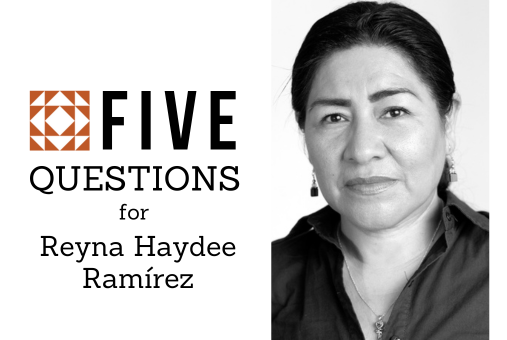
Independent journalist Reyna Haydee Ramírez describes how confronting two Mexican presidents at their morning press conferences has led to stigmatization and online abuse.
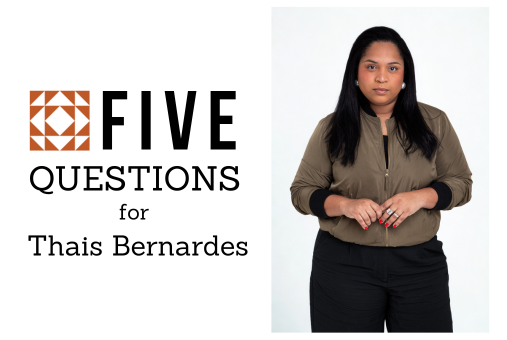
LJR interviewed Thaís Bernardes, founder of public safety-focused outlet Notícia Preta, about serving community needs, treating the dead ethically and covering extreme violence.
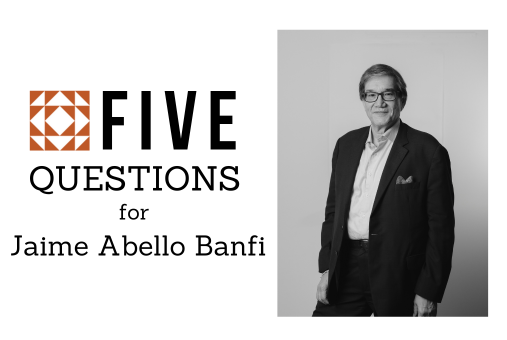
Jaime Abello Banfi's work at the helm of the Gabo Foundation earned him a Special Citation from the Maria Moors Cabot Prize. In an interview with LJR, he discussed the state of journalism, the disillusionment between journalism and audiences and the foundation's future.
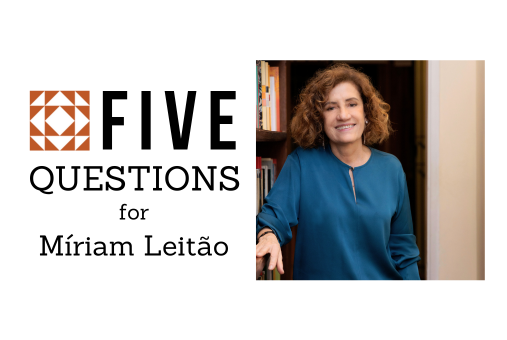
Recently elected to the Brazilian Academy of Letters, the journalist talks about the role of the press in defending democracy, attacks she faced throughout her career and the role of artificial intelligence in journalism.
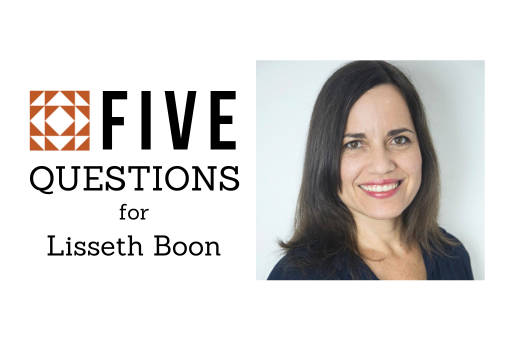
In this edition of 5 Questions, the journalist discusses the process of reporting and writing a book that reveals how State-backed mining in Venezuela’s rainforest has fueled environmental destruction and displaced Indigenous communities.
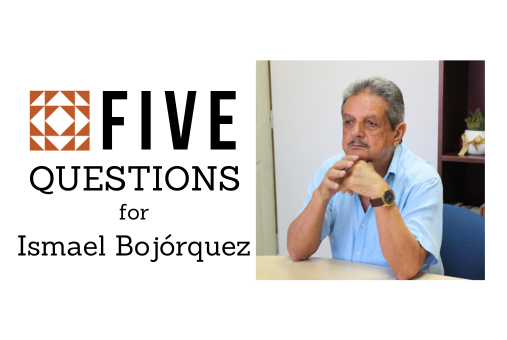
On the 8th anniversary of the murder of journalist Javier Valdez, his colleague and co-founder of the weekly Ríodoce, Ismael Bojórquez, talks about how conditions for practicing journalism have worsened amid a war between criminal groups.
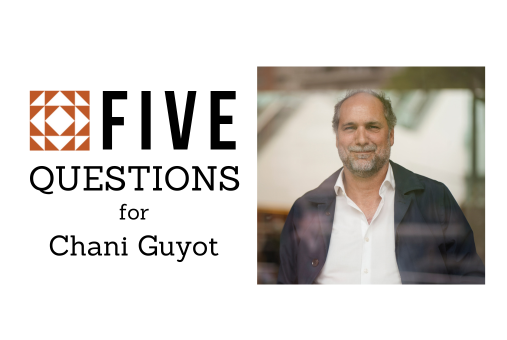
In LJR’s “Five Questions,” the veteran Argentine editor and media entrepreneur encourages colleagues to continue believing in “healthy” journalism that centers audience needs and the human stories that are transforming the world.
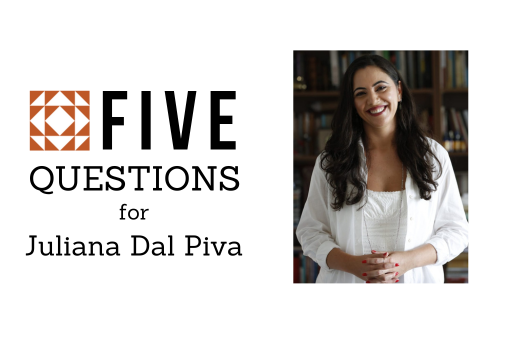
“Crime without punishment: how the military killed Rubens Paiva" is the result of years of research and journalistic investigation, reconstructing the events that led to Paiva's death. Dal Piva defends the importance of memory and journalistic investigation for understanding this dark period in Brazilian history.
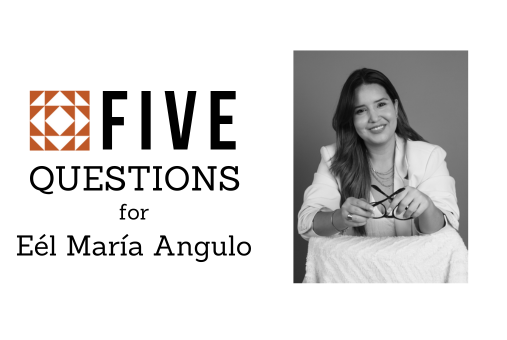
In her debut book ‘A Poison Called Lead,’ reporter Eél María Angulo chronicles her decade-long fight to expose lead pollution's impact on Colombia's children.
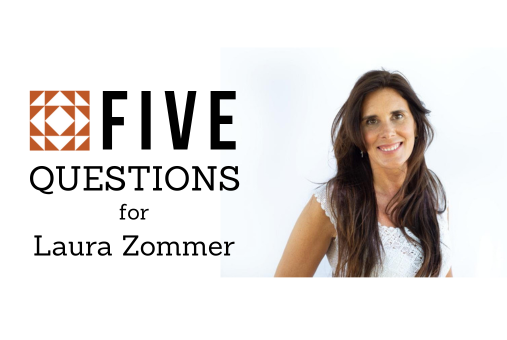
In five questions with LJR, the Maria Moors Cabot Award special citation recipient talks about AI, her experiences at Argentina’s Chequeado and her new project in the U.S.
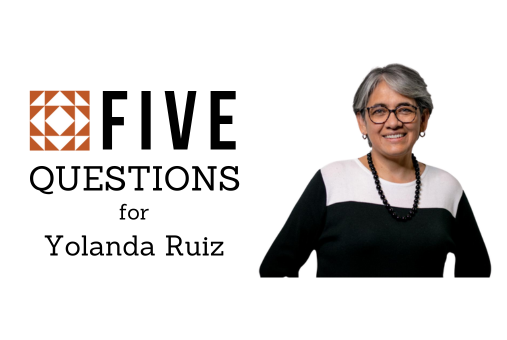
Ruiz spoke with LJR about who should monitor the media, the line between critique and attempted censorship, violations of the ethical principles of journalism, the need for self-critique, and the role of audiences in this process.
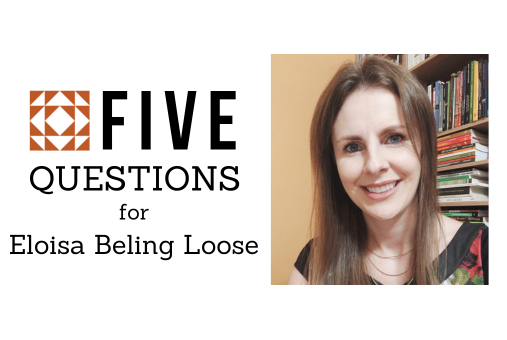
LJR spoke with Brazilian researcher and professor Eloisa Beling Loose about how journalism can deepen the discussion on climate change. She highlighted the importance of addressing both the consequences and causes of the climate crisis, as well as disaster prevention. Loose suggests that journalists incorporate care of the environment into their coverage and value traditional knowledge about the environment.